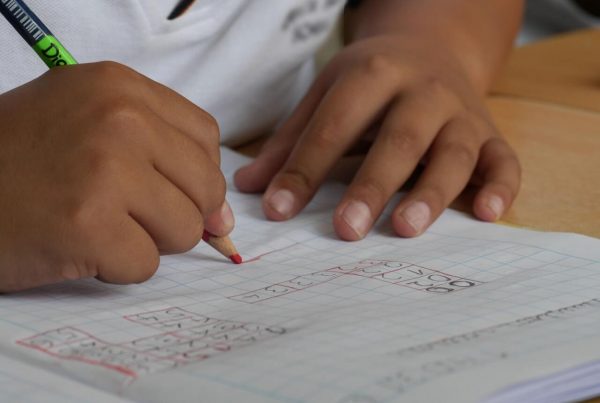
Reading difficulty is a common learning challenge that can present differently from child to child. Symptoms include reading slowly, difficulty decoding letter-sound as in dyslexia, impaired focus during reading, poor comprehension, and avoiding reading altogether due to anxiety or low self-confidence. Reading challenges can also manifest in the form of frustration, struggles with word recognition, memorization and pronunciation, blending sounds, inability to name the sounds associated with certain letters, skipping words in a sentence without noticing, and more. Children who struggle with reading often have trouble with fact memorization, spelling, acquiring new languages, time management, and recalling the names of familiar items or numbers.
Reading is a complex task that requires the mastering of many skills, from basic to advance. For example, before children can read fluently, they must learn that a certain letter is the same whether it is written in capital or lowercase, or that the same letter can sound differently in other words. Not only do they need to understand and memorize the meanings of words, they also have to learn that these same words can have different meanings in other contexts. As reading skills progress, children have to also develop an awareness of each character’s perspective in a story, comprehend the characters’ experiences, and even begin to imagine possible outcomes to the story. Gaps in any of these skills can lead to difficulties in reading fluency and comprehension.
At Little Thinkers Center, we look at reading as a developmental process. By following Piaget’s four cognitive developmental stages, we assess each child’s ability to collect sensory information in order to integrate and organize it into symbolic and abstract thoughts. Rather than focusing on the child’s reading level, we prioritize each child’s developmental level in thinking. Our thinking activities provide appropriate cognitive stimulation to each child’s unique reading needs. Visual Thinking games improve a child’s ability to manipulate letters and symbols into meaningful sequences, while Auditory Thinking activities provide the opportunities to decode the sounds of each word sequence. On the other hand, Graphic Thinking exercises encourage optimal visual interpretation of the letters and symbols being produced, thereby, reinforcing reading fluency and comprehension altogether.



